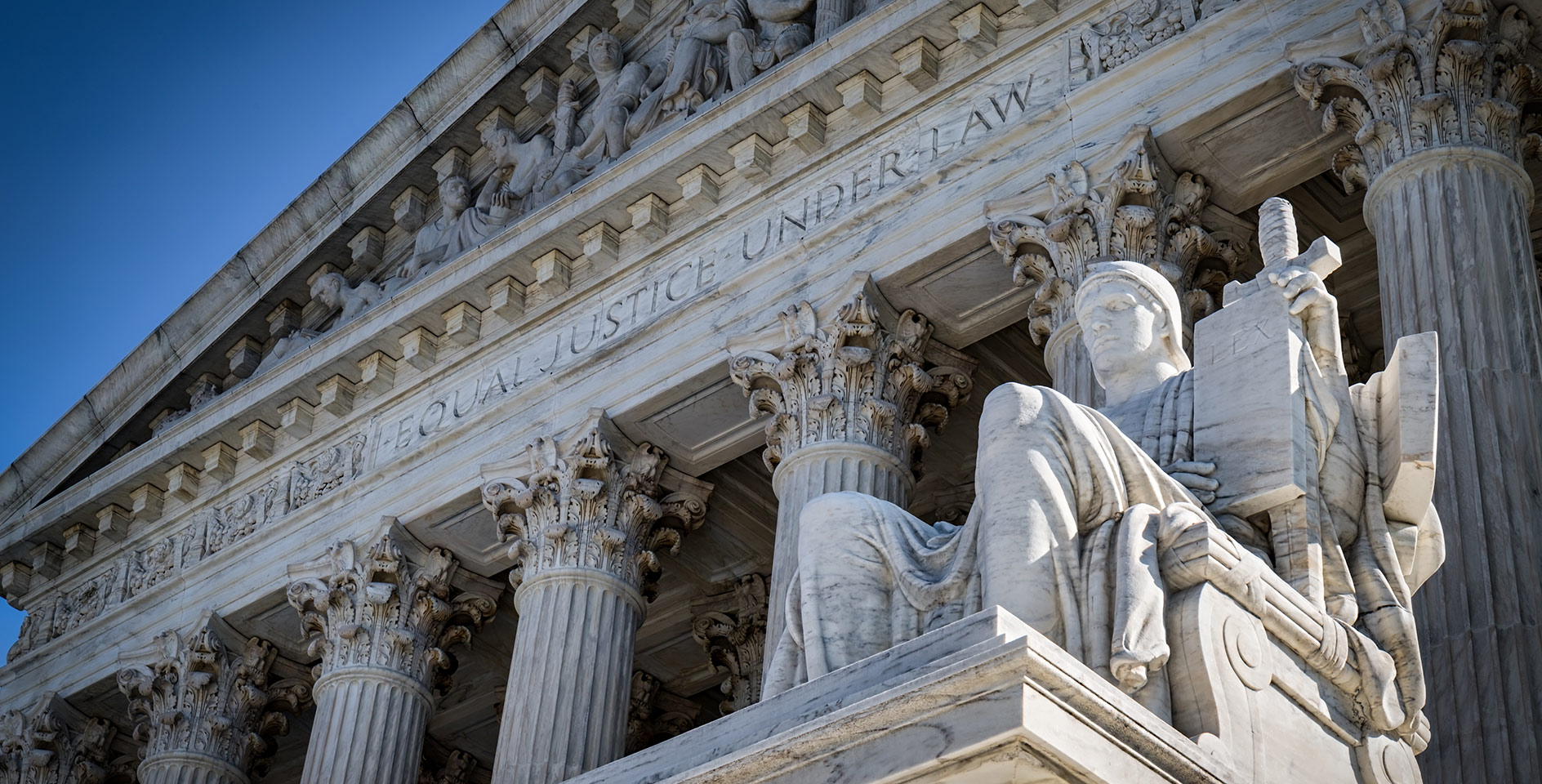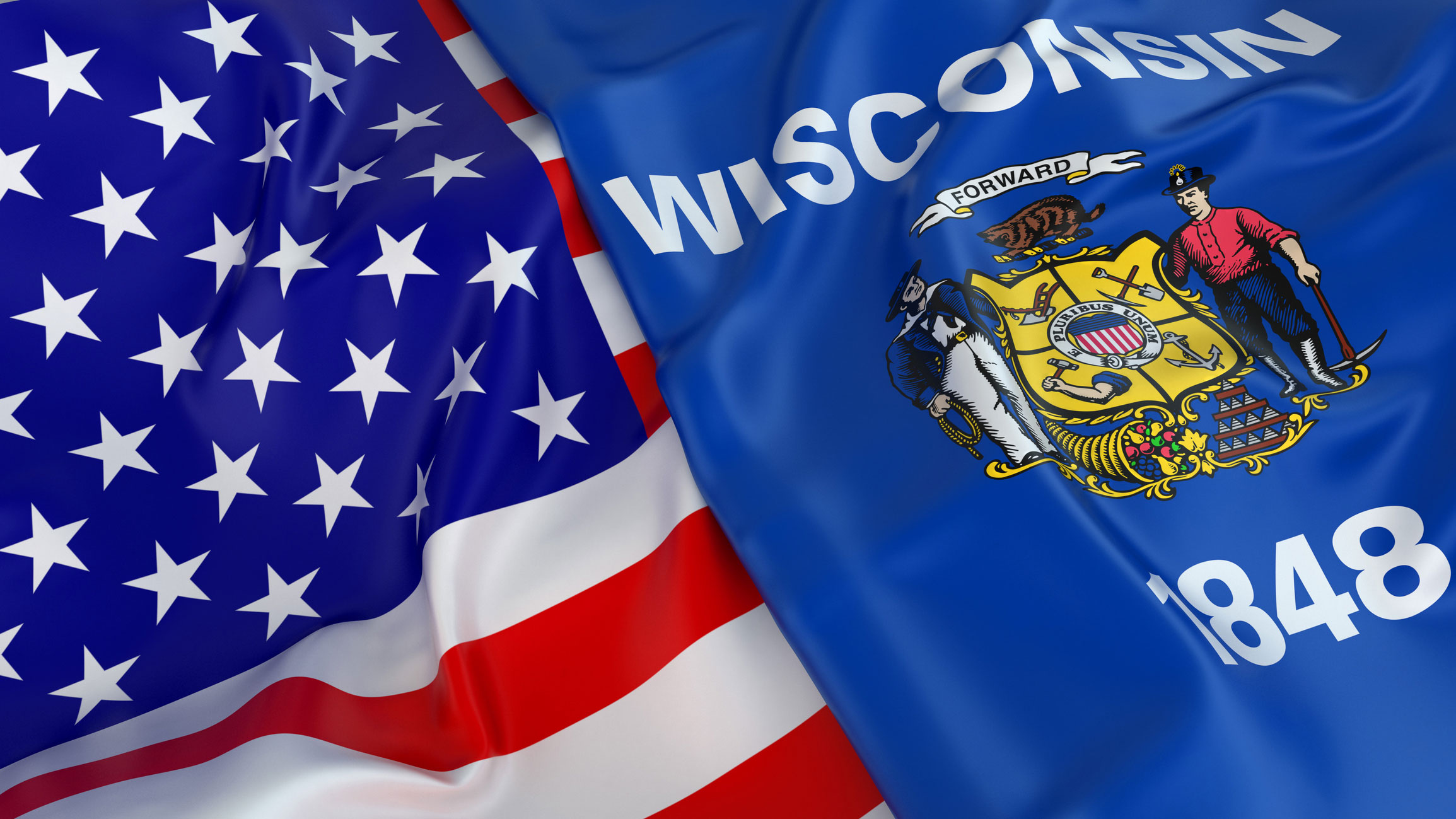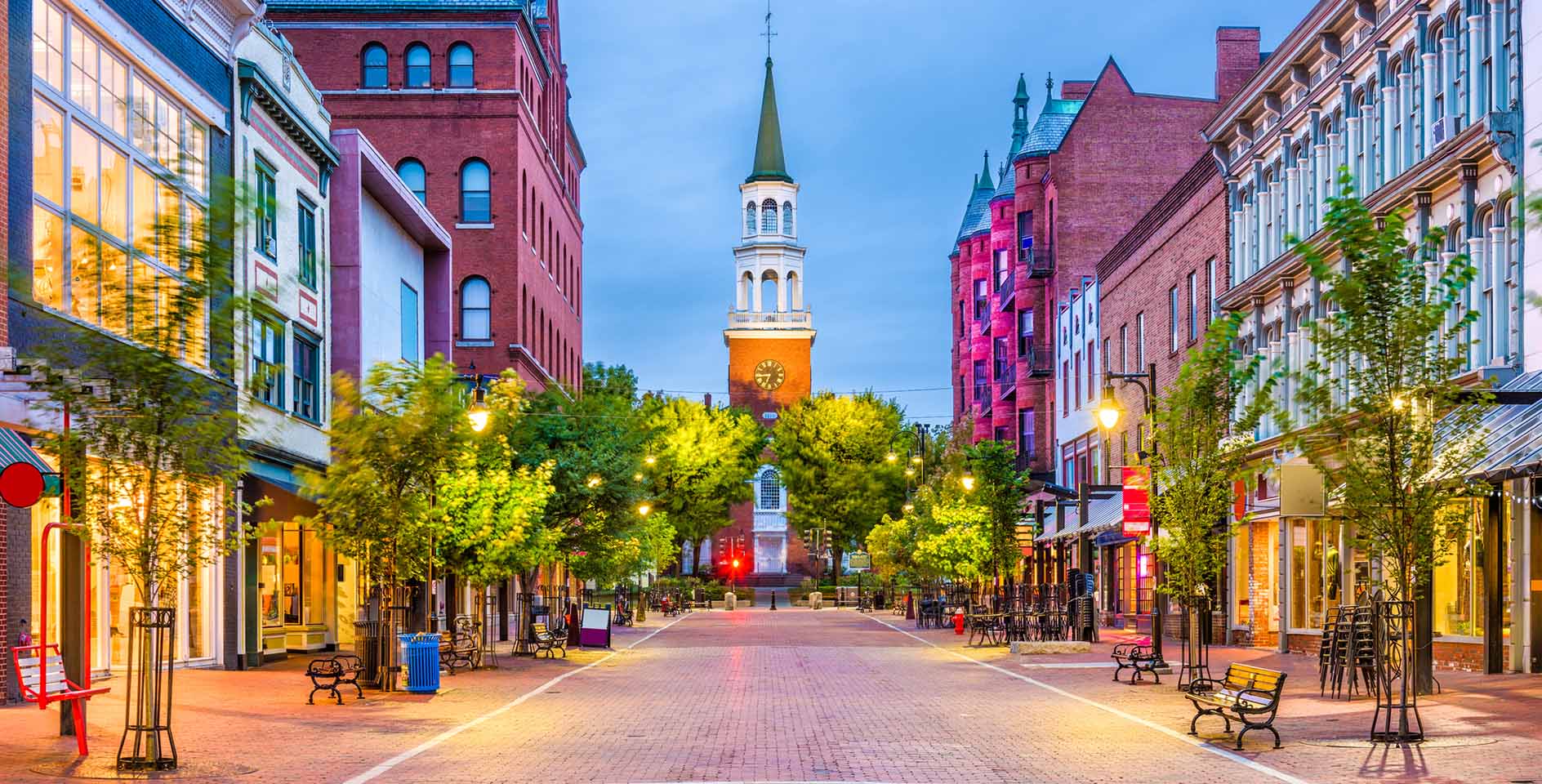The Supreme Court of the United States heard oral arguments yesterday in Our Lady of Guadalupe School v. Morrissey Berru, the second religious freedom case before the court in as many weeks. At issue in this case is whether the First Amendment’s religious protections allow for courts to interfere with a religious organization’s employment decisions when the employee performs religious duties.
Yesterday’s arguments were focused on the scope of what is known as the “ministerial exception” to employment-discrimination laws. As Amy Howe explains, “Eight years ago, in a case called Hosanna-Tabor Lutheran Church and School v. EEOC, the Supreme Court recognized a ‘ministerial exception’ to employment discrimination laws, reflecting the idea that religious institutions normally have the sole right to determine who can act as their ministers.”
This case came before the Court after the Ninth Circuit Court of Appeals issued a troubling ruling in which it found that “two Roman Catholic schools in California do not have the right to fire teachers for the purpose of the ‘ministerial exception.’” Russell Moore, president of the ERLC, called the Ninth Circuit’s ruling “harmful” and urged the Supreme Court to overturn the lower court’s decision. As Moore argued, "Faith-based organizations ought to be able to hire those whose views are consistent with the organization's beliefs, especially when those employees are responsible for teaching religious doctrine."
The ERLC filed an amicus brief in the case, which argued, “Since the Founding, it has been well settled that when religious organizations make decisions about matters of faith, doctrine, or internal governance, the Religion Clauses of the First Amendment bar the government from second-guessing those choices.” And concerning which employees of religious organizations should qualify under the ministerial exception, the brief argued that courts should show deference to the organizations themselves on the grounds that it is “impermissible for the government to contradict a church’s determination of who can act as its ministers.”
The background
The case the Court heard yesterday originated in a pair of cases involving two Catholic parish schools in California. Several years ago, two former teachers at Our Lady of Guadalupe School in Hermosa Beach and St. James School in Torrance independently sued these schools for discrimination after their teaching contracts were not renewed. In both cases, the schools argued that the lawsuits were barred by the ministerial exception because these teachers were employed to substantively teach and communicate religious ideas.
In each case, the district court agreed with the schools that the exception barred the lawsuits. But when the former teachers appealed the decision to the Ninth Circuit, the circuit court determined that the ministerial exception did not apply because neither teacher’s role met the standard of “minister” according to their reading of the Hosanna-Tabor ruling. In other words, the circuit court agreed that the teachers were required to teach religious ideas as a part of their jobs, but denied that this religious instruction was substantial enough to merit the exemption.
The arguments
Due to COVID-19, the Supreme Court has been forced to alter its normal format for oral arguments. Rather than appearing before the justices in person, attorneys and the justices conducted the proceedings via telephone with Chief Justice John Roberts presiding. And in yesteday’s arguments, one question came clearly into focus: Who qualifies as a minister?
The attorneys representing the schools made the argument that the court should show deference to religious organizations in making such determinations. Multiple justices on yesteday’s call recognized the difficult entanglement of church and state that could result from courts or governments seeking to make such determinations. Indeed, Justice Gorsuch clearly articulated this concern during the hearing, “I’m struggling with where you draw the line and how much entanglement both sides are going to get us in here in deciding what’s an important enough person in a particular faith and how we avoid that difficulty.”
In questioning Jeffrey Fisher, the attorney representing the teachers, Justice Thomas inquired about how much religious activity an employee must engage in before their position would qualify under the ministerial exception. And to clarify the issue, he asked if the religious activity these teachers were engaged in as a part of their jobs would be acceptable in public schools or if it would violate the establishment clause. Apparently unsatisfied with Fisher’s response, Justice Thomas asked if the attorney found it “odd that things over the line in public schools are not considered religious enough [to merit the exemption] in a parochial school?"
While Fisher warned the justices of the consequences of adopting a broad definition of “minister,” citing its effects for other kinds of religious institutions beyond parochial schools such as universities or Catholic hospitals, the attorneys representing the schools made an argument based on first principles. They argued that teachers in these schools are “stewards” of the faith responsible for passing it down to the next generation, and that the court should not act to limit protections for religious organizations to exercise and advance their religious beliefs.
The decision
The Court is expected to hand down its ruling on this case in June. And the Court’s ruling here is of deep concern to advocates of religious liberty. As the attorneys for Becket, who is representing one of the schools, have argued, “religious groups can only operate freely if they are given full autonomy in choosing the individuals who teach their beliefs and embody their faith.”
The government should not be in the business of meddling with a religious organization's internal operations, nor of determining who meets the qualifications of minister. Christians should pray that the Court’s ruling recognizes this fundamental principle.










